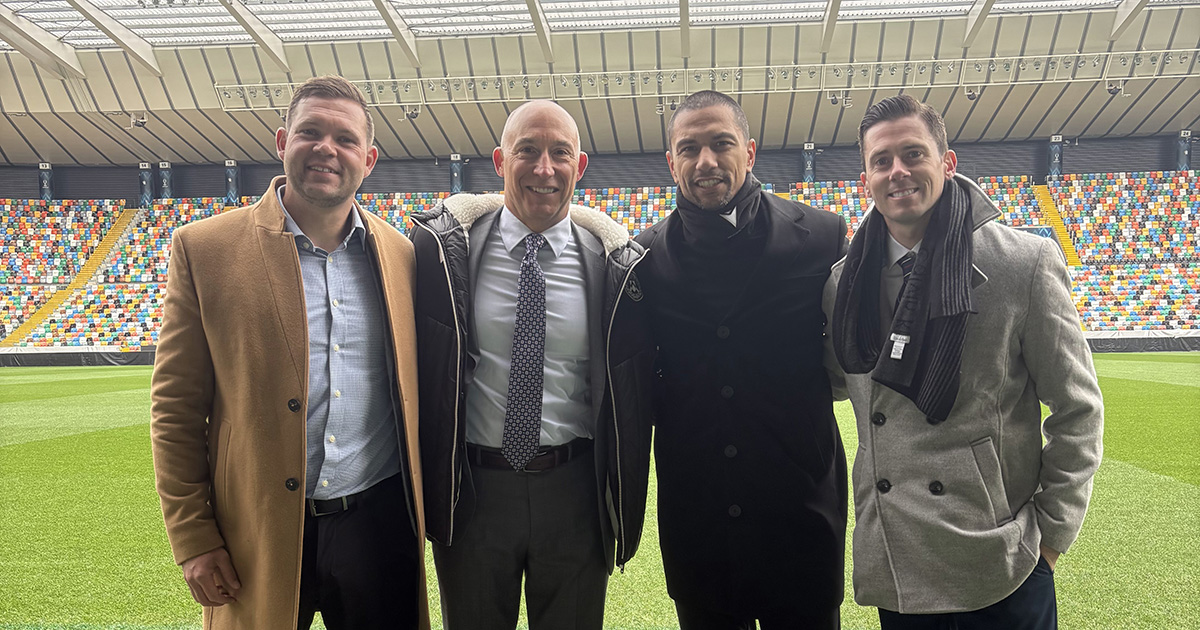How We Can Carry on MLK’s Legacy
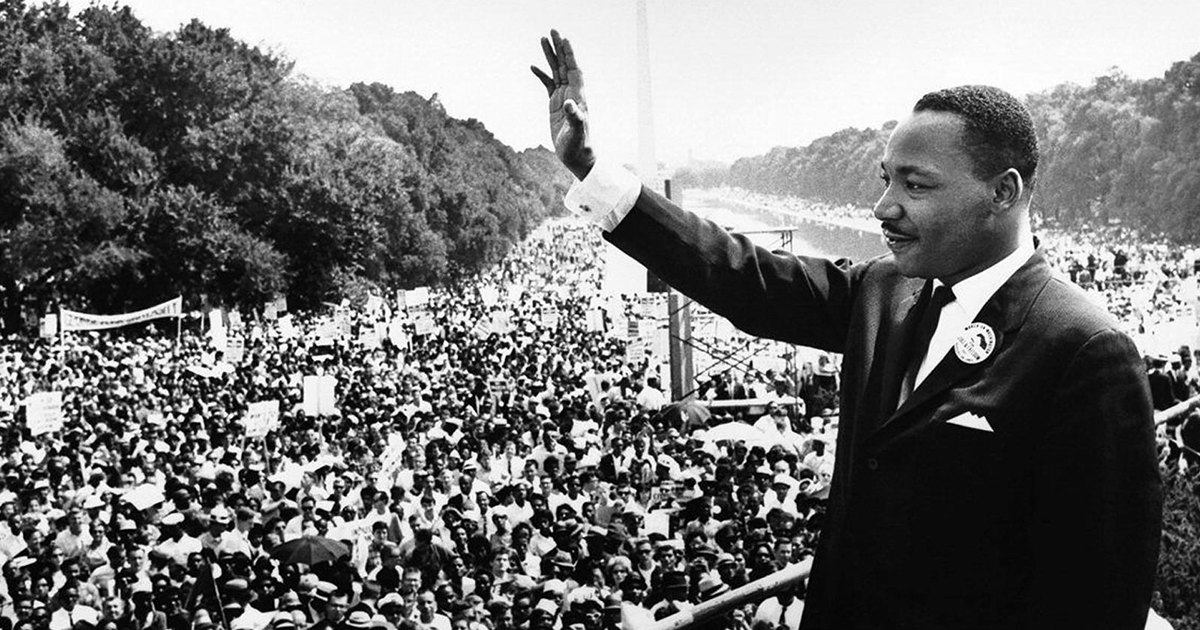
Martin Luther King Jr. dreamed. He inspired people and the civil rights movement. And, he took action and led change. King’s legacy of leadership endures today, inspiring generations to follow his words and deeds and continue his work to improve society for all people.
Register to attend Babson’s Martin Luther King Jr. Legacy Day on February 16.
To commemorate Martin Luther King Jr. Day, we asked Babson College community leaders to reflect on one question: What can individual members of the Babson community do to carry on MLK’s legacy and advance social justice?
Here are their responses and advice for action:
Driving Economic and Social Value
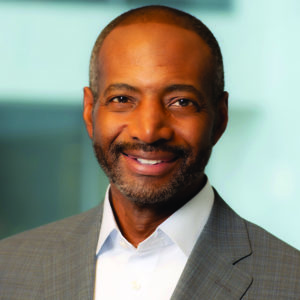
Jeffery Perry ’87, P’23
“Dr. Martin Luther King Jr. recognized that social justice could not be fully realized without economic justice. As such, members of the Babson community have the opportunity to develop as entrepreneurial leaders, driving economic and social value, and inspiring others through service, words, and deeds along the way. Unapologetically integrating economic and social value honors Dr. King’s legacy and transforms lives and communities everywhere.”
— Jeffery Perry ’87, P’23, Chair of the Babson Board of Trustees
Advocating for Change
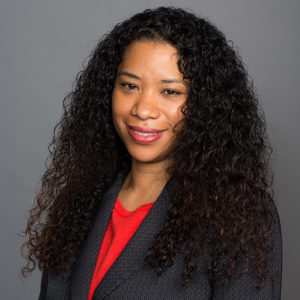
Angela Randolph
“When I think about how to honor the legacy of Dr. Martin Luther King Jr., I think about how he dedicated his life to advance the rights of Black people, people of color, and people living in poverty. I am mindful of how much he sacrificed and the courage it took to actively advocate for change against the status quo. James Baldwin described the greatness of Dr. King lies in his ability to allow people to keep their dignity while being uncomfortable hearing him speak about the things that hurt and confuse them about injustice. Dr. King spoke often about how we can advance social justice. Two of his quotes that most resonate with me are: ‘Our lives begin to end the day we become silent about things that matter.’ And, ‘If I cannot do great things, I can do small things in a great way.’ ”
— Angela Randolph, Assistant Professor of Entrepreneurship
Taking a Stand

Ysbely Santos ’23
“Dr. Martin Luther King Jr. played an intricate role in desegregating America and enacting the Civil Rights Act. The most pivotal aspect of King’s battle was how he fought for African American rights through non-violent movements. Now, in 2022, there has been a multitude of progress, but there is still so much more to do in our struggle toward equality. As members of the Babson community, we all have to take a stand. Creating safe spaces and equal opportunities for all members of our institution is integral to our College’s success, and it’s something that all members of our community—faculty and students alike—play a huge role in. The Babson community also needs to make sure that we speak out against the injustices that are happening in our everyday lives, both in and out of our small campus, to help us move toward achieving all MLK stood for.”
— Ysbely Santos ’23, Posse Scholar and presidential advisor for Babson Origins of Necessary Equality
Putting People First
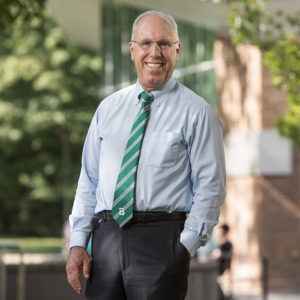
President Stephen Spinelli Jr. MBA’92, PhD
“Dr. King’s wisdom provides a guiding path to social justice, and as entrepreneurial leaders, there are countless lessons to be learned from his leadership. One of his many iconic quotes, delivered at a 1957 speech, bears particular relevance: ‘Life’s most persistent and urgent question is, “What are you doing for others?” ’ It is the fundamental question of values-based leadership. Entrepreneurial leaders are characterized by empathy, morality, compassion, and drive to create scalable solutions that benefit individuals, communities, and the world. It’s about putting people first by creating value. Elevating the human condition. Taking action and leading change. Entrepreneurial leadership is, at its core, about what you are doing for others.”
— President Stephen Spinelli Jr. MBA’92, PhD
Demonstrating Faith and Conviction
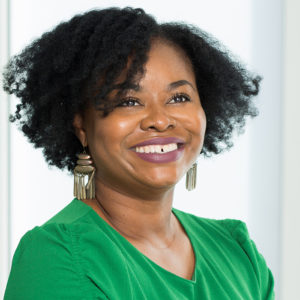
Denicia Ratley
“The Rev. Dr. King was and continues to be an eminent model and standard of justice. In order to live out his legacy of justice, we must realize that there is no Dr. King without the Reverend King. This work of justice cannot persist without a heart for justice, and a heart for justice cannot beat without a conviction for justice. We must have faith in something bigger and greater than ourselves. Something or someone that anchors our convictions in the sea of morality so when the waves of hate and inequality arise, we aren’t tossed to and fro by any doctrine of division but are settled in what is righteous, what is humane, and what is virtuous. It is our convictions that propel us to embody justice, so that every decision, policy, course, word, or deed rather big or small reflects a beloved community.”
— Denicia Ratley, Director of Religious & Spiritual Life
Committing to Action
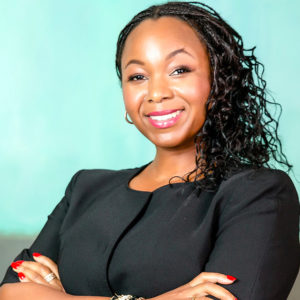
Farah Bernier MBA’08
“Take ownership for embracing what is actually meant by social justice—equality in the distribution of wealth, opportunities, and privileges within a society, or in the case of Babson, a community. From there, commit to even just one action you can take to either share your privilege or create an opportunity for access, visibility and/or progression for someone who does not have the luxury of the same privileges you do.”
— Farah Bernier MBA’08, human resources executive partner at Google, and keynote speaker at Babson’s 2021 Martin Luther King Jr. Legacy Day
Making a Positive Difference

Curtis Johnson ’23
“In the words of Martin Luther King Jr., ‘There is something of a civil war going on within all of our lives.’ He said there’s a South revolting against the North in a ‘continual struggle within the very structure of every individual life.’ Every community is made up of individuals. Every individual bears responsibility for fighting the battle within and leading the side for freedom and equality to victory. We owe it to giants like Dr. King to improve ourselves and make the best decisions, even among the littlest things that progress toward sweeping change. If you see injustice, say something. When it’s in your power, do something. If you do wrong, apologize. Once you’ve apologized, grow. Remember the words of Dr. King, and acknowledge that you make a difference. Always ensure that the difference you make is a positive one.”
— Curtis Johnson ’23, President, Black Student Union
Creating Many Ripples

Anjali Bal
“Mother Teresa once said, ‘I alone cannot change the world, but I can cast a stone across the water to create many ripples.’ Dr. King’s legacy is one of work, grace, and hope. If we want to carry on Dr. King’s legacy and fight for social justice, it is within our own hands to make it happen. But, we must believe it is possible, and put forth the effort to make it happen. That means speaking up and speaking out even when it is hard. It means standing in solidarity with others so they don’t face systems of bigotry and hardship alone. It means using our privilege to advocate for others. And, it means accepting that we all have the power to make change, no matter how small it may feel.”
— Anjali Bal, Associate Professor of Marketing, and Co-Chair of the MLK Legacy Committee
Using Our Gifts
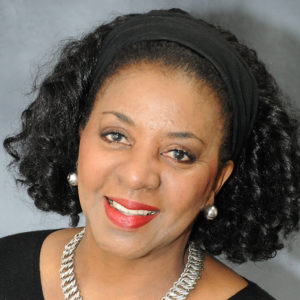
Sadie Burton-Goss
“One of the many ways we can remember the legacy of the Rev. Dr. Martin Luther King Jr. is to have the courage to use our gifts to create change. Early in life, he was made aware of his many gifts, including spiritual leadership, public speaking, and connection. The world would be a different place if Dr. King had not had the courage to use his gifts to transcend the harsh realities of racism, and social, economic, and geo-political injustice. His spiritual leadership fostered radical hope. His public speaking gave voice to those issues and inspired action. And, his ability to connect engaged allies representing diversity of all kinds.”
— Sadie Burton-Goss, Chief Inclusive Excellence Officer
Posted in Community


